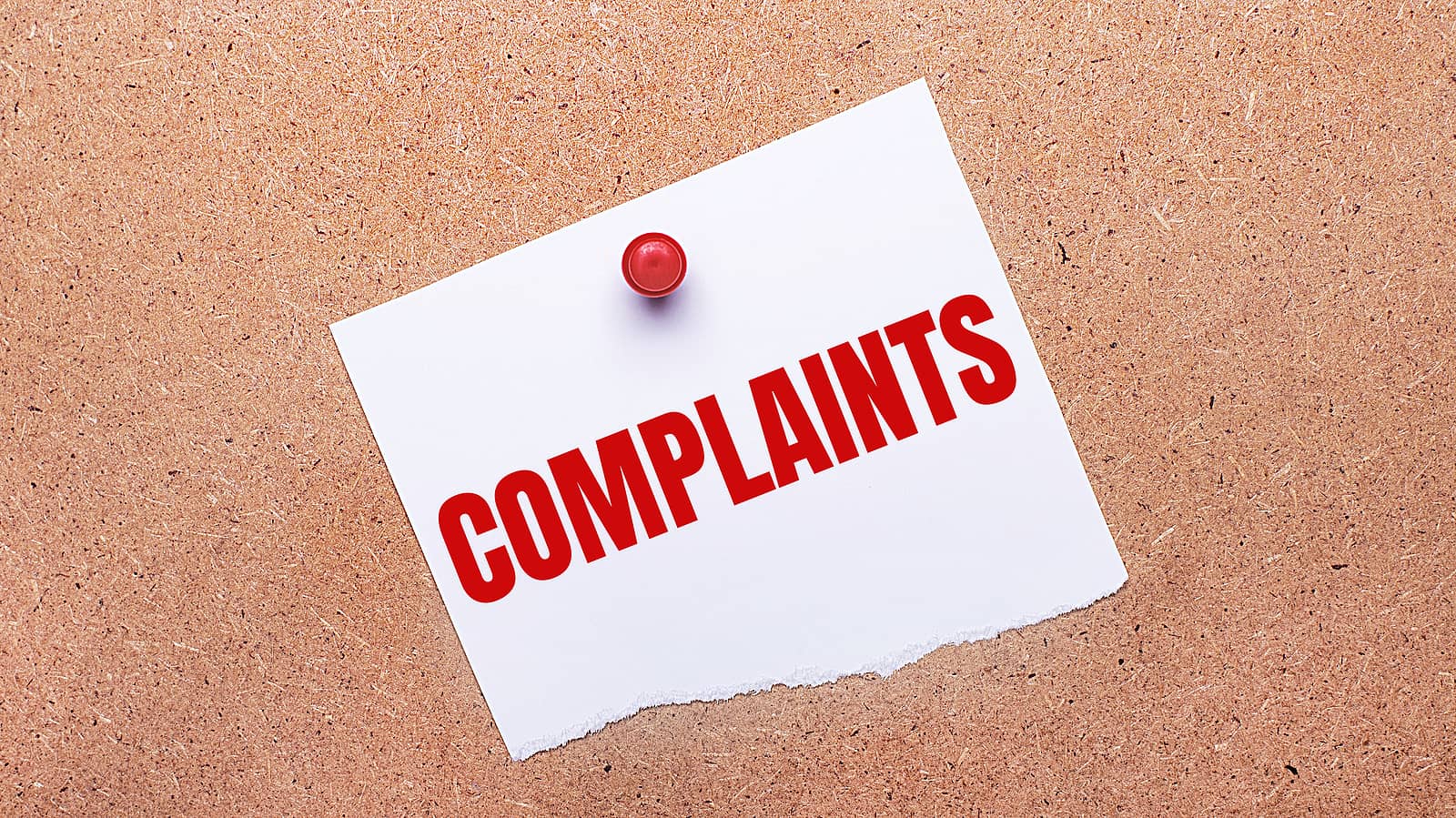
Medicare handles more than 100,000 complaints each year. You aren’t alone if you’re unhappy with an aspect of the federal government’s health care program. You may wonder how to voice your displeasure if solace isn’t enough.
First, you must determine that your complaint is a complaint, not an appeal. Complaints involve the methods and practices by which your Medicare plan or health provider is giving you care.
Appeals are actions that you may take if you disagree with a coverage or payment decision made by your Medicare plan or its administrators.
Medicare Complaint Categories
- doctors
- hospitals or providers
- your health or drug plan
- the quality of your care
- your dialysis or kidney transplant care
- durable medical equipment (DME)
Complaints about a doctor, hospital, or provider often overlap with complaints about the quality of care. For example, you may feel that you were discharged from the hospital too soon, or that you were denied treatment after your condition changed.
In rarer cases, you may feel you were given improper medical advice relating to unnecessary or inappropriate surgery. Common complaints include drug errors, incomplete discharge instructions, and the like.
Medicare Complaint Guidelines
Familiarize yourself with the specific rules that your health plan has regarding complaints. If you don’t have a copy of these rules handy, contact your plan and ask them about complaint guidelines.
If you’ve filed your complaint according to your plan’s rules and feel your concerns haven’t been satisfactorily addressed, you can call Medicare directly to speak with a representative.
In addition to consulting with the rep about your complaint, you should ask them to forward it to the Medicare Ombudsman’s office. This office exists to field complaints and inquiries and resolve them to the beneficiary’s satisfaction.
How to File Your Medicare Complaint
Be sure you have basic information on hand at the time of filing your complaint. You’ll need personal info such as your name and address as well as your Medicare card and health plan card. You can use Medicare’s Blue Button initiative to download your pertinent information to a file on your local computer.
In addition to the 1-800 number, there’s another way to contact Medicare regarding an appeal or a complaint.
The federal government has contracted with two large regional complaint handlers. You may contact these handlers based on the state where the service you are complaining about was performed.
- A company called Livanta handles complaints from nine northeastern and eight Western states and complaints from Puerto Rico and the Virgin Islands.
- A company called KePro handles all the rest of the states and Washington, DC.
While contact information for these companies is hard to find on Medicare’s official website, The United Hospital Fund has published a complete list of contact phone numbers by state. You can also begin filing a complaint online through the Medicare complaint form.
FAQs
What is a grievance Medicare?
A grievance with Medicare is the patient’s dissatisfaction with any aspect of a health care provider’s service or even the health care plan itself. It can be for reasons such as an inability to schedule an appointment with an approved Medicare provider or feeling like you were treated poorly by a doctor, nurse, or any other medical staff.
How do I file a CMS complaint?
The complaint itself must be written or verbally communicated within 60 days of the offending incident to CMS. So this would likely be a placed phone call, email, or mailed letter to CMS.
Who do you call for Medicare problems?
You can call Medicare directly if you have a Medicare-related problem related to Part A or Part B.